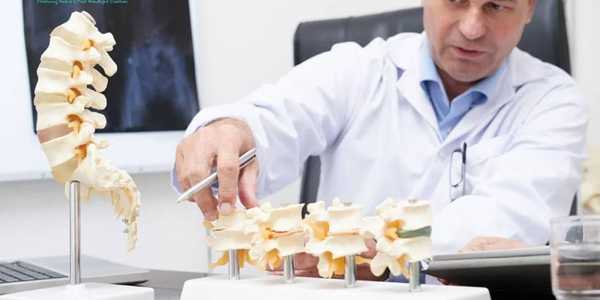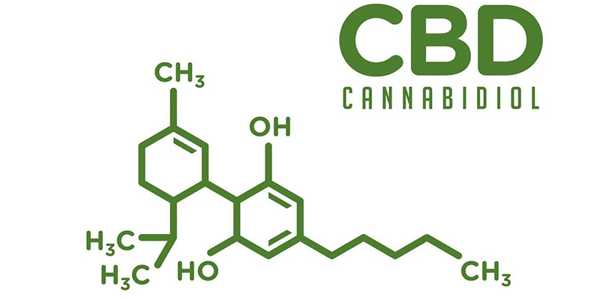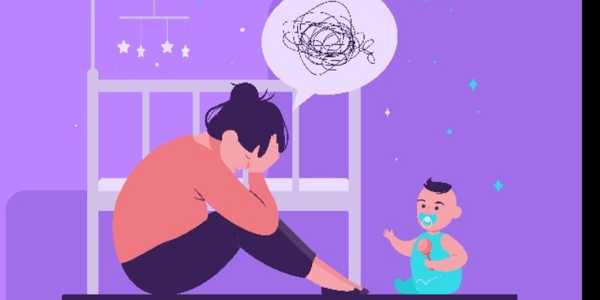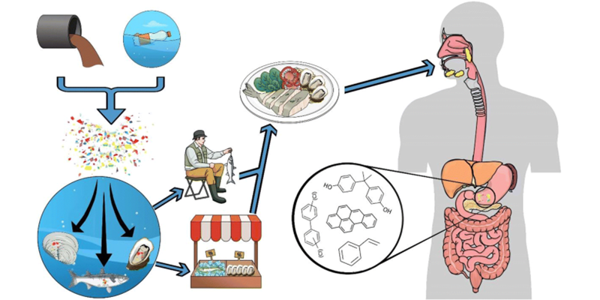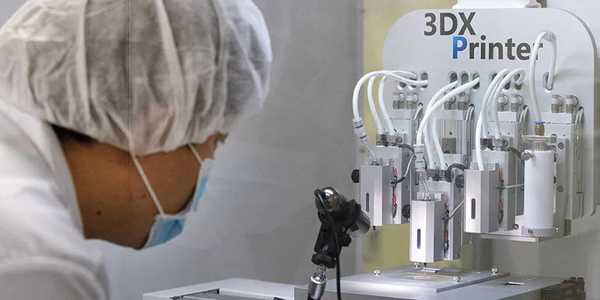What Are The Signs And Causes Of Dementia? Can It Be Reversed?
Dementia points out language-associated issues, problem-solving, thinking, behavior, mood, and personality. Mostly, people aged 85 or older are diagnosed with dementia. In this case, the critical underlying condition is Alzheimer's.
Dementia is an overarching category for loss of mental impairment that significantly impacts daily functioning. People with dementia face many problems in their daily lives related to visual perception, language skills, problem-solving, and personal responsibility. They also need help with their ability to focus and pay attention. This article will explain everything about dementia.
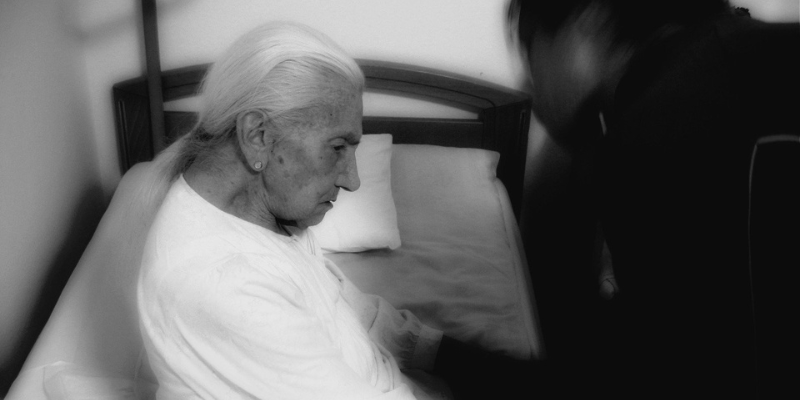
Common Symptoms And Signs Of Dementia
An early stage of dementia is a change in mood and behavior, which starts before memory loss. Cognitive ability loss is also known as mild cognitive impairment, and the early symptoms of mild cognitive impairment may lead to dementia.
Early signs and symptoms include difficulty in making decisions and solving problems, forgetting time, being disoriented even in familiar places, forgetting recent functions, misplacing things, quickly forgetting recent conversations, getting lost while walking or driving, driving in a chaotic route, forgetting time, finding words when speaking, incorrect assessment of visual distance from objects, problems in paying bills, and difficulties in planning and preparing meals.
Behavioral And Emotional Symptoms Of Dementia
Typical changes in mood and behavior due to dementia are:
Discontinuation of work and social events
Suffer anxiety and hypertension
Mood Swings and personality changes
Agitation and Restlessness
Paranoia and Suspicion
Hallucinations and Delusions
Changes in the Sleep Cycle

Causes And Risk Factors For Dementia
Dementia is attributable to several diseases. Dementia-related diseases can easily damage brain cells, thus reducing their ability to communicate. As the cells fail to speak, they cause changes in thinking, feelings, and behavior. The brain has different parts, each responsible for unique tasks such as control, cognition, and perception functions. If the cell relating to it is damaged, that part will not be able to perform its function typically.
Dementia has different categories, and each type is associated with specific kinds of symptoms. For example, Alzheimer's disease, related to the brain, makes many specific proteins outside and inside brain cells. These proteins usually make it difficult for brain cells to remain vibrant and function, as the hippocampus is the brain's memory center. The brain cells are initially damaged here, so memory loss is a significant factor in this disease.
Let's look through the root cause of this disease:
Other brain diseases
Neurological decline
Side effects of different kinds of medicine
Excessive use of alcohol
Thyroid issue
Head Injury
Deficiency of vitamins
Stress and depression
Different Types Of Dementia
As we know, dementia defines various types of brain illnesses. However, we can classify dementia into three main types.
Primary Dementia
Primary dementia refers to neurological decline that permanently damages brain cells. Its diagnoses include laboratory tests and neurophysiological investigations. Primary dementia can be Alzheimer's Disease, Lewy Body Dementia, frontotemporal dementia, and Mixed Dementia.
Secondary Dementia
Secondary dementia is the result of another disease or illness. Its significant reasons include the deficiency of vitamin B12, hypertension, diabetes, and brain tumors.
Dementia Due To Reversible Causes
Some issues can cause symptoms of dementia. But they are reversible with some treatment. They include Metabolic conditions, Endocrine conditions, Vitamin Deficiency and Infections.
Diagnosis Of Dementia
There are no tests that can accurately tell you have dementia. Doctors diagnose dementia and its symptoms through analysis, including laboratory tests and physical examinations. Physicians analyze changes in behavior, memory loss, and thinking. Due to these examinations, a doctor can determine whether a person has dementia with a clear conviction. However, it is difficult to decide which person's type of dementia. Usually, a doctor determines your dementia but does not define its category.
Your healthcare provider will request information about the duration of your symptoms, your medical history, the reason for this disease, and your family history of diseases, including dementia.
Laboratory Tests
Laboratory tests exclude differential diagnoses that may be a reason for dementia. These include infection, vitamin deficiency, thyroid issues, and inflammation tests.
Sometimes, laboratory cerebrospinal fluid analyses are performed to test autoimmune conditions and neurodegenerative diseases if warranted.
Neuropsychiatric Testing
In this type of testing, your doctor uses written and computerized testing to analyze your mental abilities. They may include
Learning
Memory
Planning
Judgment
Language
Problem-solving
Reasoning
Can Dementia Be Managed And Cured?
Dementia is an irreversible disease. Support from loved ones and physical activity are the key factors to fight the symptoms of dementia. Medications of dementia can address some symptoms of dementia. Here are the healthy activities for people with dementia.
Eat healthy
Do brain-stimulating exercises
Mind Engaging Games
Spend time on different hobbies
Keep your mind active
Spend time with your loved ones
Try to engage yourself in different physical activities
Stop drinking and smoking
See your doctor regularly
Stop drinking and smoking.
How Does Dementia Impact Life?
Dementia is a complex brain health problem that impacts life quality. It is not a specific disease, but it can lead to many other memory issues, like Alzheimer's disease. Early treatment of dementia can help enhance patients' well-being. Nonetheless, there is no known cure for dementia. Neuropsychiatric tests and different laboratory tests can diagnose dementia. Healthy life habits, physical activities, and emotional support from loved ones can foster well-being and daily functioning in dementia patients.
